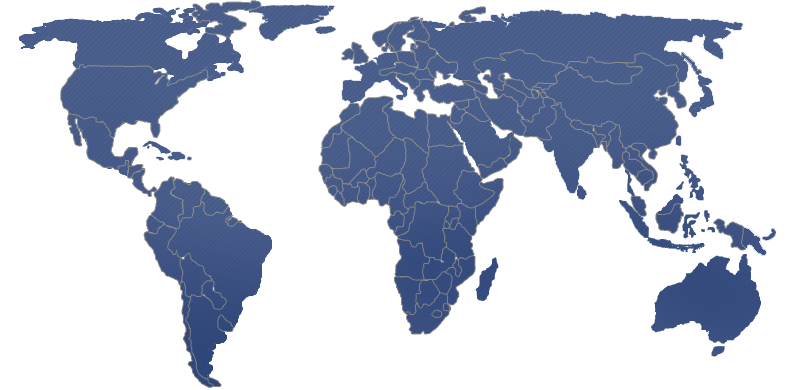The eight Ivy League schools use a numerical ranking system known as the Academic Index (AI) to rank students. The Ivy League originally developed the AI to ensure athletic recruits met a minimum academic standard that was relatively uniform across the eight schools.
In this article, we briefly discuss the AI—what it is and why it matters.
What is the Academic Index?
Essentially, the AI is a score from 60 to 240 derived from an applicant’s GPA or class rank and SAT scores. The AI is then used to determine a recruited athlete’s eligibility for admission. The minimum score changes from year to year, and some exceptions can be made.
The primary function of the AI is maintaining a high academic standard for recruited athletes at Ivy League schools. The average AI of any given team must be no more than one standard deviation below the average AI of the entire student body.
Modern computing has made calculating an applicant’s AI relatively simple. So, while the AI was created to compare recruited athletes within the Ivy League, several of the eight schools also use the AI to determine the academic rank of all applicants. Not all of the Ivy League schools determine applicants’ academic rank directly from the AI, however, and some don’t even calculate the AI of every applicant.
Does the Academic Index Matter?
For athletic recruits at Ivy League schools, the AI is an important metric since it is used to determine whether the recruit is eligible to play on a team.
Again, no team at an Ivy League school may have an average AI of more than one standard deviation below the average AI of all students at the college. The average U.S. college athlete has a significantly lower AI than those of Ivy League athletes, so this policy effectively limits Ivy League schools to recruiting only exceptional student athletes whose academics are strong enough for the rigors of a top-tier college education. Other schools are not limited in this way and may recruit athletes with lower academic performance.
While the team average has to fall within one standard deviation of the school’s average AI, this does not mean every athlete has that high of a score. Some student athletes have AIs two or more standard deviations lower than the school average. Such students are recruited for their athletic abilities, and teammates with higher AIs bring the average up to where it needs to be. In some cases, students are recruited to Ivy League teams specifically because they have higher AIs, and they may never actually play. While this doesn’t happen at all the Ivies, it does happen occasionally.
If you are seeking to be an athletic recruit, the main reason you should be aware of the AI is this: being an exceptional athlete is not enough to get into an Ivy League school—and many other top schools, even if they don’t use the AI. You must be academically competitive.
If you are not planning to pursue Ivy League sports as an athletic recruit, your AI still matters, but not as much. In either case, you should focus on getting the best grades possible while taking the most demanding courses you can handle, scoring well on the ACT or SAT, and creating a compelling narrative to tie everything in your admissions profile together.
One final note: the AI is not a reliable predictor of admissions success. Your academic record does matter, but other factors can influence your chances of being admitted a lot more—such as strong teacher recommendations that recognize you as truly exceptional, significant achievements in extracurricular activities, and prestigious third-party recognition.






